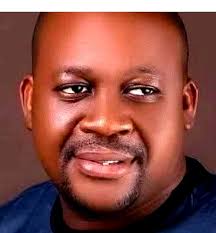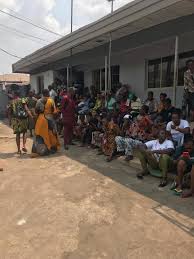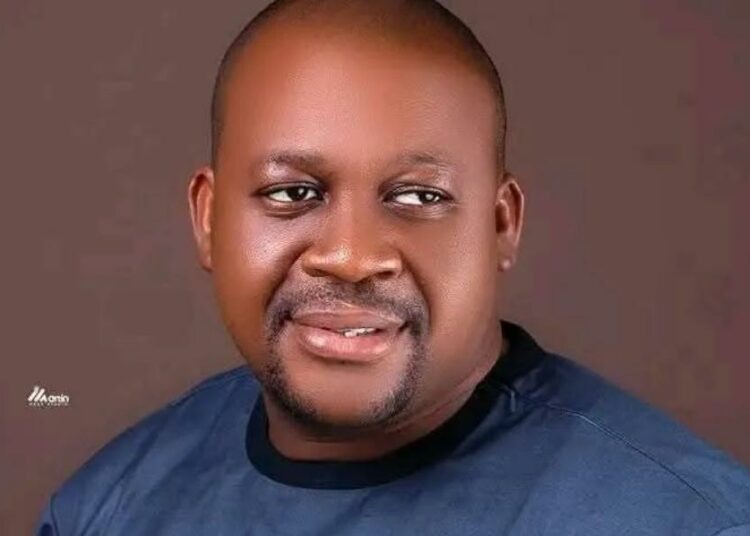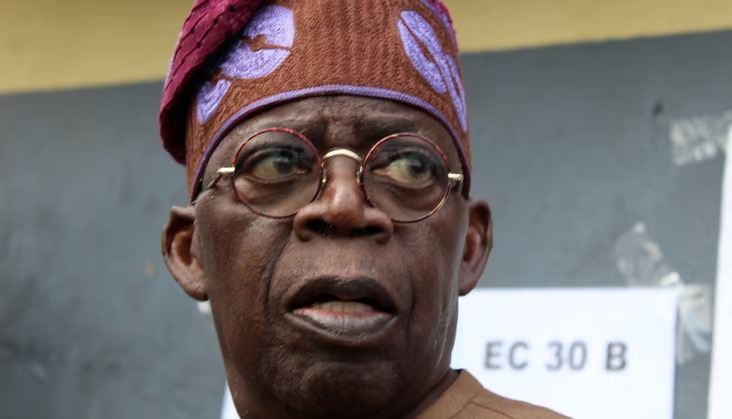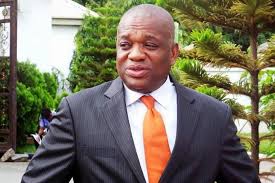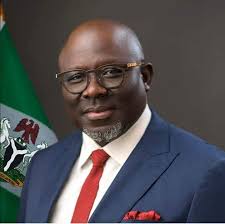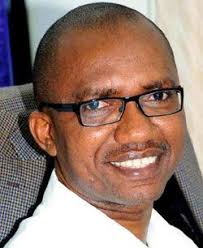AWKA — Mr. John Nwosu, a governorship aspirant under the Labour Party (LP) for the upcoming November 8 election in Anambra State, has expressed deep shock over the brutal killing of Hon. Justice Azuka, a member representing Onitsha North 1 Constituency in the State House of Assembly. Azuka’s decomposing body was discovered near the Onitsha …
